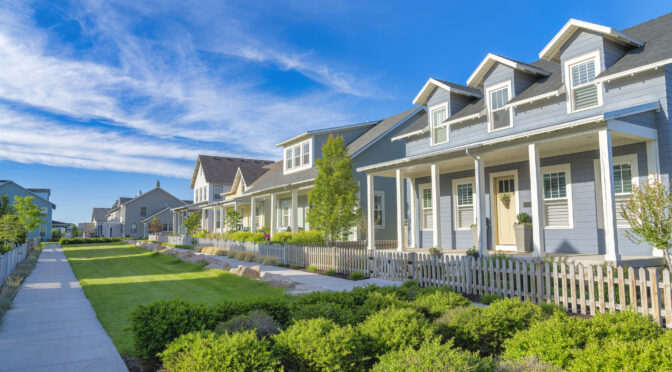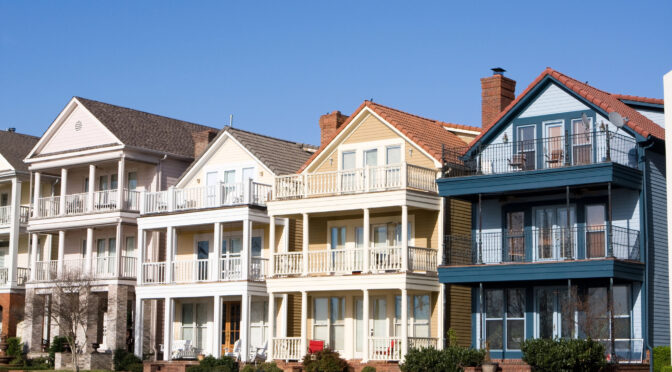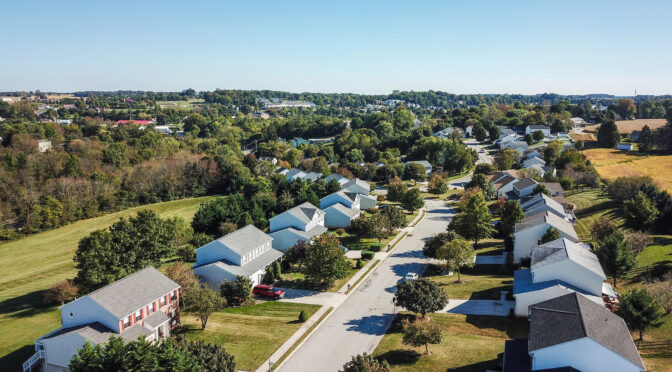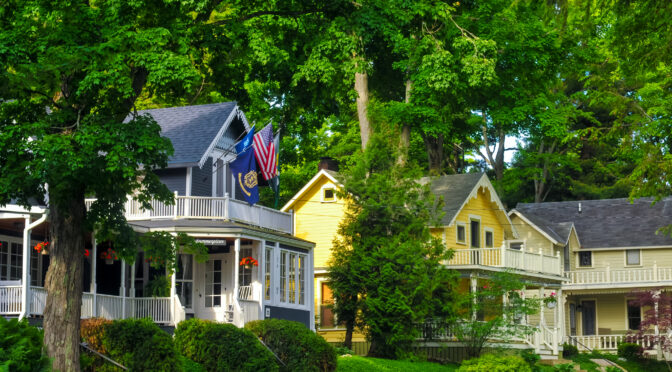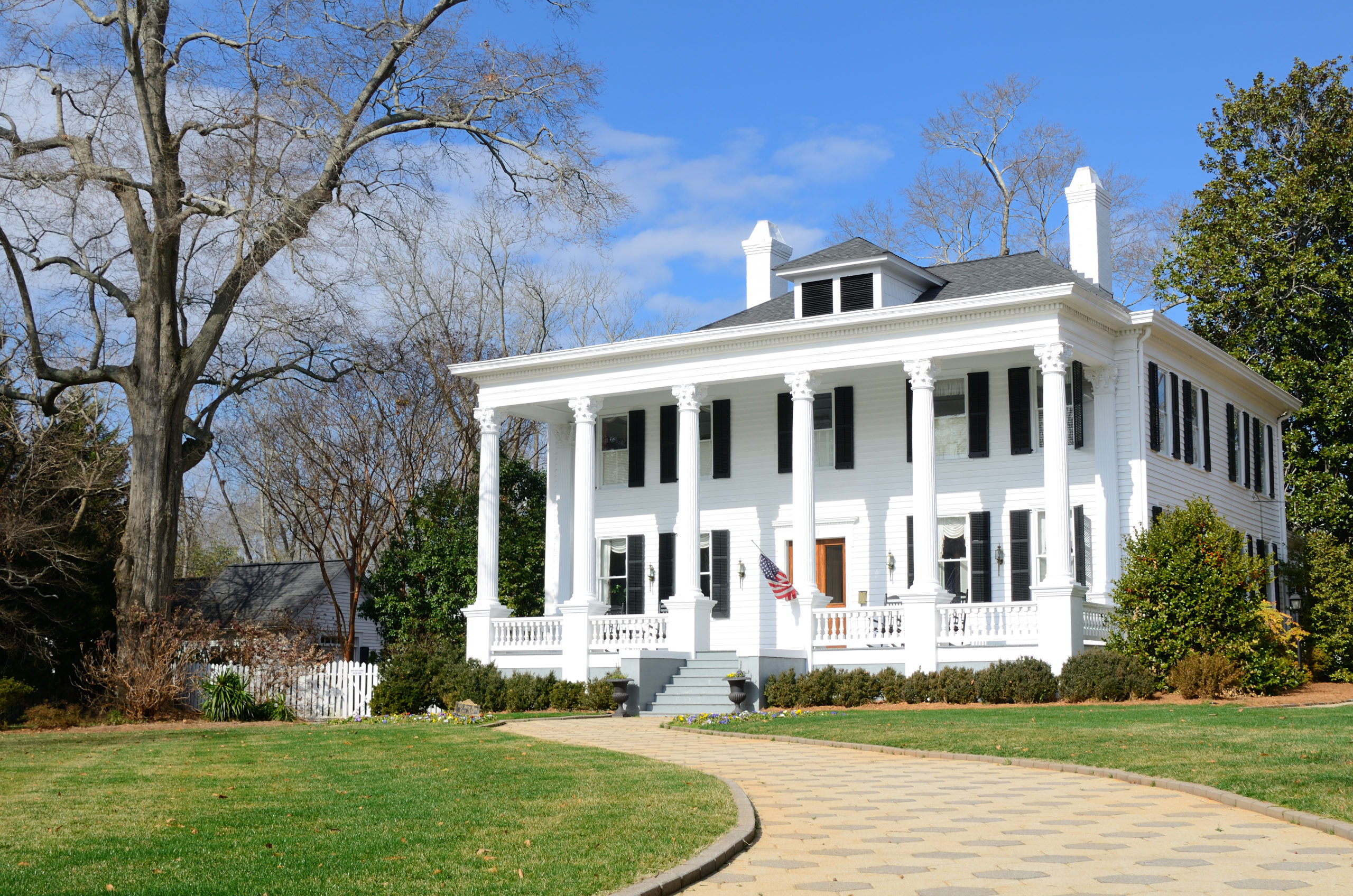12 reasons to consider living in Utah
12 reasons to consider living in Utah
Natural Beauty
12 reasons to consider living in Utah include its nature and beauty. Utah is home to stunning landscapes, including mountains, deserts, and national parks like Zion, Bryce Canyon, and Arches, offering breathtaking views and outdoor activities.
Outdoor Activities
With its diverse terrain, Utah offers year-round recreational opportunities, including skiing, snowboarding, hiking, mountain biking, and rock climbing.
Friendly Communities
Residents often describe Utah as having a strong sense of community, with friendly neighbors and a welcoming atmosphere.
Quality of Life
Utah consistently ranks high in terms of quality of life, with low crime rates, good healthcare, and a strong education system.
Economic Opportunities
The state’s economy is robust, with a low unemployment rate and a diverse job market, particularly in tech, healthcare, and outdoor recreation sectors.
Cost of Living
Compared to many other states, especially those on the coasts, Utah offers a more affordable cost of living, particularly in housing.
Cultural Heritage
Utah has a rich cultural history, influenced by Native American tribes and early pioneers, contributing to a unique blend of traditions and festivals. One of the interesting 12 reasons to consider living in Utah.
Education
With several renowned universities, including the University of Utah and Brigham Young University, the state offers a range of educational opportunities.
Mild Climate
While winters can be cold and snowy, Utah enjoys a generally mild climate with four distinct seasons, ideal for those who appreciate seasonal changes.
Great Salt Lake
The largest saltwater lake in the western hemisphere offers unique recreational opportunities and is a beautiful natural attraction.
Proximity to Other States
Utah’s location provides easy access to neighboring states like Idaho, Nevada, and Colorado, making it convenient for travel and exploration.
Strong Family Values
Many residents value family and community, leading to a nurturing environment for raising children.
These factors contribute to Utah being an attractive place to live for many people.
Fix and Flip Loans
Rehab Lend LLC are your trusted Utah hard money lenders and partner in real estate financing. Specializing in financing for investors across Utah and beyond.
As a nationwide direct lender, we offer a range of financial solutions, including fix and flip loans and Debt Service Coverage Ratio DSCR loan lenders, tailored to meet the unique needs of real estate professionals.
12 reasons to consider living in Utah Investing in Real Estate
Our goal is to empower you to seize opportunities, fund renovations, and maximize returns on your investments with ease.
With a commitment to quick approvals, flexible terms, and personalized service, Rehab Lend LLC is here to help you turn your real estate dreams into reality.

